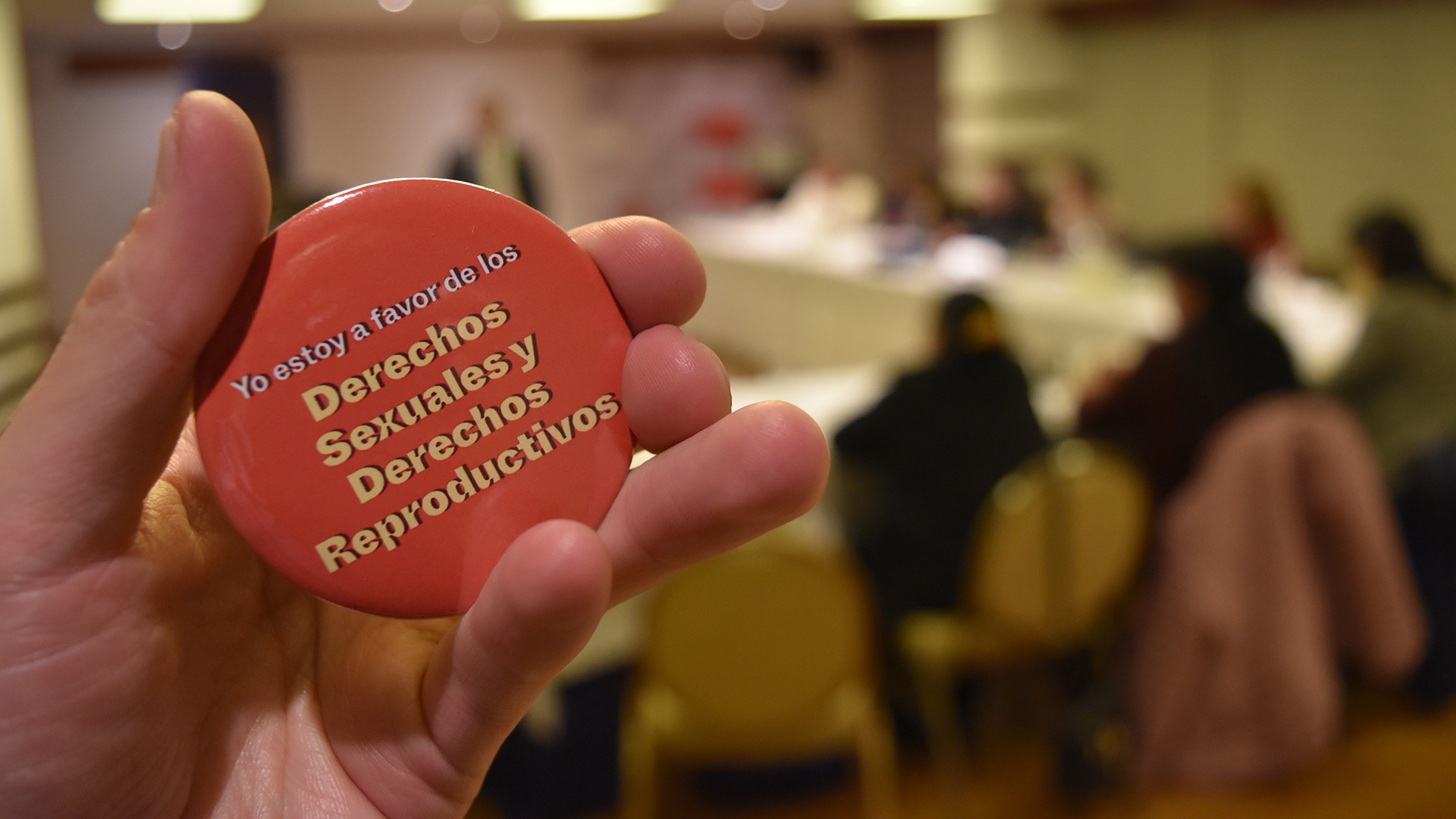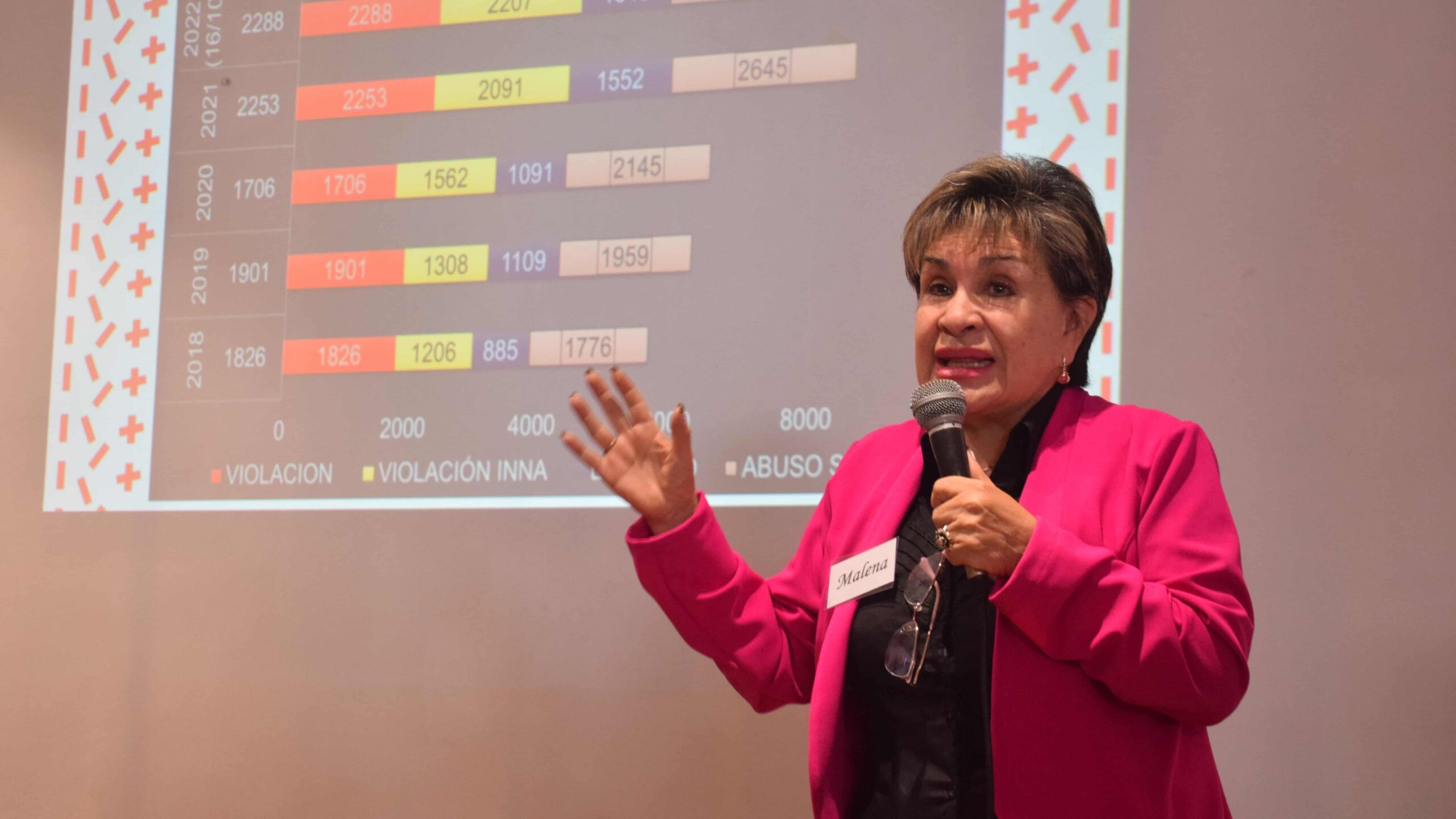Bolivia reported 50,325 cases of violence against women and minors during 2024, most of them complaints of family or domestic violence, reported Friday the Attorney General’s Office.
The data presented by the State Attorney General, Roger Mariaca, were recorded between January 1 and December 31 of last year, according to a press release from the Public Prosecutor’s Office.
Mariaca pointed out that “during 2024 the Public Prosecutor’s Office attended nationwide 50,325 cases of crimes related to Law 348”, the Law to Guarantee Women a Life Free of Violence, in force in the country since 2013.
The prosecutor detailed that most of the events reported were crimes of family or domestic violence, with 37,601 cases.
There were also 3,737 reports of sexual abuse, 3,140 cases of rape, 2,696 of rape of infants, children or adolescents, 1,864 of statutory rape and 1,287 were other crimes, according to data from the Directorate of the Specialized Prosecutor’s Office for Gender and Juvenile Crimes.
The regions reporting the most complaints were Santa Cruz with 17,388; La Paz with 12,395; Cochabamba 7,823; Tarija 3,427, and Potosí 3,009.
Another 2,646 complaints were registered in Chuquisaca, Beni reported 1,715, Oruro 1,373 and Pando 549 cases, said Mariaca.
The prosecutor called on the corresponding institutions to promote campaigns and take comprehensive measures to strengthen prevention, protection and care for victims of violence in the country.
A few days ago, the Public Prosecutor’s Office reported that in 2024 there were 84 femicides and 34 infanticides in the country.
Law 348 punishes femicide with 30 years imprisonment without the right to pardon, the maximum penalty provided for in Bolivian law.
However, feminist organizations have been claiming for years that this rule is not fully complied with due to shortcomings such as the lack of budget and adequate personnel to deal with these events.
In April last year, a group of legislators from the ruling Movement Towards Socialism (MAS) proposed reforming the law as “anti-male”, which was rejected by activists, the opposition and the national government.















